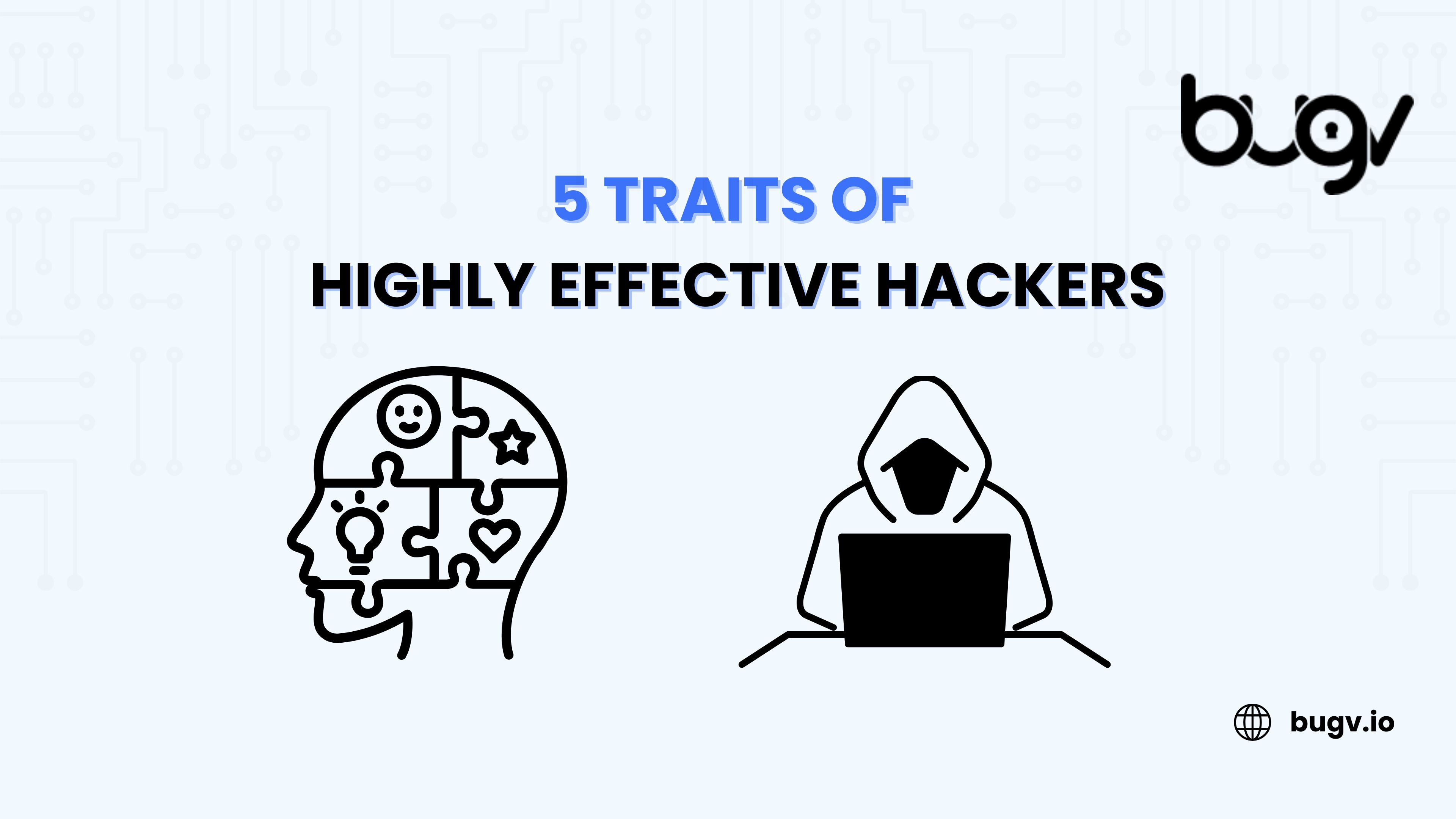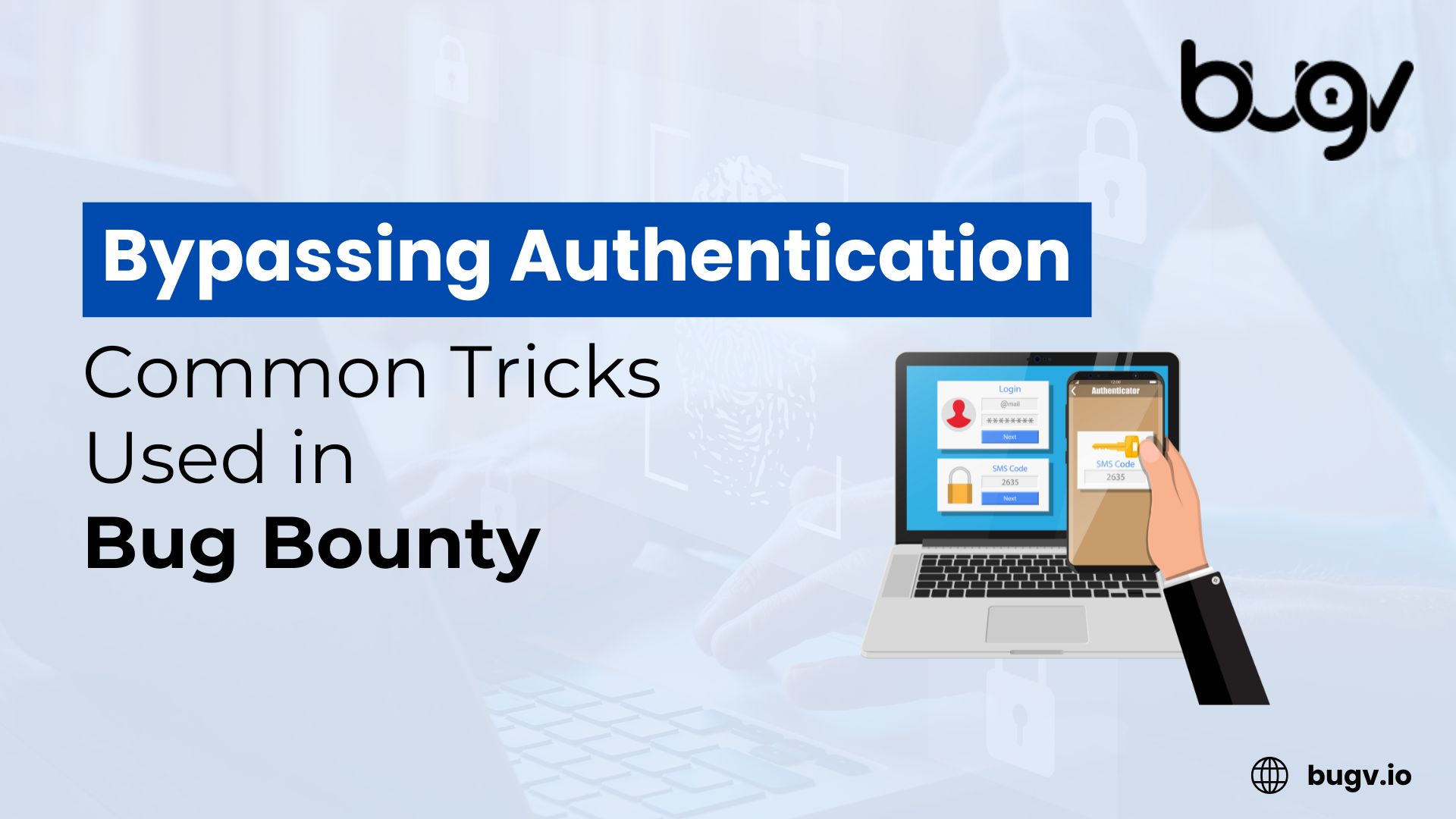In an increasingly digital world, the role of hackers has evolved significantly. They are not just seen as criminals; many are now recognized as essential defenders of cyberspace. But what distinguishes highly effective hackers from the rest? Beyond technical skills, certain traits define their success. In this blog, we will explore five key traits that make hackers exceptional in their field: Curiosity, Out-of-the-Box Creativity, Passion for Problem-Solving, Attention to Detail, and Adaptability.
1. Curiosity

Curiosity is the cornerstone of an effective hacker’s mindset. It’s an insatiable desire to explore, learn, and understand how systems work. Curious hackers are like detectives; they investigate systems and networks, peeling back layers to uncover how everything operates.
The Importance of Curiosity
Curiosity drives hackers to ask critical questions, such as:
- What vulnerabilities exist within this system?
- How can I manipulate this feature to gain unauthorized access?
- What happens if I apply this patch?
This constant questioning helps them discover hidden vulnerabilities and areas for improvement. For example, a curious hacker might explore a web application’s backend to identify misconfigurations that could lead to security breaches. By understanding the inner workings of systems, they become adept at recognizing weaknesses that others might overlook.
Encouraging Curiosity
To foster curiosity, aspiring hackers should engage in hands-on experimentation. Setting up personal labs, participating in Capture The Flag (CTF) competitions, or contributing to open-source projects can ignite curiosity and provide valuable learning experiences. The more they explore, the more they’ll uncover about the vast world of cybersecurity.
2. Out-of-the-Box Creativity

In a field where conventional approaches often fall short, out-of-the-box creativity is essential. Effective hackers approach problems from unique angles and are not afraid to think outside established norms. This creativity is particularly useful when devising new techniques to exploit vulnerabilities or bypass security measures.
The Role of Creativity in Hacking
Creative hackers often challenge the status quo. Instead of following the usual methods, they might develop innovative strategies that leverage overlooked aspects of a system. For example, a hacker might discover a vulnerability not just by exploiting a known flaw but by combining multiple, seemingly unrelated weaknesses into a new attack vector.
Cultivating Creativity
To enhance creativity, hackers should engage in diverse activities. Learning about fields outside of cybersecurity, such as psychology, sociology, or even art, can inspire innovative thinking. Brainstorming sessions and collaborative problem-solving with peers can also spark fresh ideas and lead to novel solutions.
3. Passion for Problem-Solving

Effective hackers possess a deep-rooted passion for problem-solving. They view challenges as opportunities for growth and learning rather than insurmountable obstacles. This enthusiasm motivates them to tackle complex issues and persist until they find solutions.
Why Passion Matters
A hacker’s passion for problem-solving drives them to invest time and effort into honing their skills. They are willing to dedicate countless hours to troubleshoot issues, debug code, and decipher complex systems. This relentless pursuit of answers often leads to breakthroughs and innovative solutions.
Fostering a Problem-Solving Mindset
Aspiring hackers can cultivate their problem-solving passion by engaging with real-world challenges. Participating in bug bounty programs, where they can find and report vulnerabilities in software, allows them to put their skills to the test while helping organizations improve their security. Additionally, tackling puzzles and challenges from platforms like Hack The Box can sharpen their problem-solving abilities.
4. Attention to Detail

Attention to detail is a critical trait that separates effective hackers from the rest. In cybersecurity, even the smallest oversight can lead to significant vulnerabilities. Hackers must meticulously analyze systems, scrutinizing every line of code and configuration to identify potential weaknesses.
The Significance of Detail Orientation
Effective hackers know that security breaches often stem from minor flaws. For example, a missing semicolon in code or a misconfigured security setting can open the door to exploitation. By having a keen eye for detail, hackers can spot these vulnerabilities before they are exploited by malicious actors.
Developing Attention to Detail
To improve attention to detail, hackers should practice thoroughness in their work. Taking time to review code, conduct thorough testing, and verify system configurations can make a significant difference. Additionally, engaging in peer reviews and collaborating with other professionals can help identify blind spots and improve overall attention to detail.
5. Adaptability

In a rapidly changing technological landscape, adaptability is crucial for effective hackers. The world of cybersecurity is ever-evolving, with new tools, technologies, and threats emerging regularly. To stay effective, hackers must be flexible and willing to learn.
Embracing Change
Adaptable hackers understand that what worked yesterday may not be effective today. As technology evolves, so do the tactics of cybercriminals. For instance, a hacker may need to pivot their approach when new security protocols are introduced or when they encounter unfamiliar software.
Strategies for Adaptability
To foster adaptability, hackers should commit to continuous learning. This can include attending workshops, pursuing certifications, or following industry news to stay informed about the latest trends and technologies. Engaging in communities and forums can also provide valuable insights and help hackers stay ahead of emerging threats.
Conclusion
The traits of curiosity, out-of-the-box creativity, passion for problem-solving, attention to detail, and adaptability are what make highly effective hackers stand out in the cybersecurity landscape. By embracing and developing these characteristics, aspiring hackers can enhance their skills and contribute meaningfully to the protection of digital environments.
Do you possess these traits? Share your thoughts in the comments!
By fostering these traits, you can become a more effective hacker and play a pivotal role in making the digital world a safer place.












